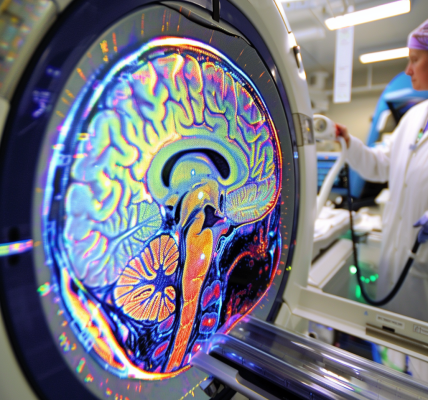Five basic habits may hold the key to good mental health
Professor Nick Titov, a renowned Professor of Psychology at Macquarie University and Director of the University’s digital mental health service, MindSpot, is on a mission to empower individuals with mild to moderate anxiety and depression to take charge of their mental well-being. His team at Macquarie University has developed The Big 5 program, which advocates for five key activities that are strongly associated with maintaining good mental health.
While each person’s Big 5 activities may vary, studies conducted in Australia and Canada have shown that individuals who engage in healthy thought patterns, future planning, meaningful activities, healthy routines, and regular social connections have better mental health outcomes compared to those who do not prioritize these activities.
Healthy thinking, which involves realistic self-assessment and respect in challenging situations, is identified as a significant predictor of good mental health. Establishing healthy routines such as nutritious eating, regular exercise, and a consistent bedtime, along with engaging in activities that provide a sense of accomplishment or joy, are also crucial components of mental well-being.
With data from over 20,000 participants, the research consistently demonstrates that adhering to The Big 5 leads to improved mental health, while reducing these activities correlates with a decline in mental well-being.
Professor Titov’s recent study, published in the journal Behavior Research and Therapy, explored the impact of systematically reducing The Big 5 activities on symptoms of depression and anxiety. By observing the effects of temporarily limiting these beneficial behaviors, the study aimed to gain insights into the triggers and mechanisms underlying mental health conditions.
Unlike physical diseases where triggers and treatment outcomes are often well understood, the psychological sciences lack a comprehensive model for predicting recovery or deterioration in mental health. Professor Titov emphasizes the importance of identifying triggers and mechanisms to prevent mental health conditions, hence the rationale behind the study’s approach of temporarily restricting activities known to support mental well-being.





